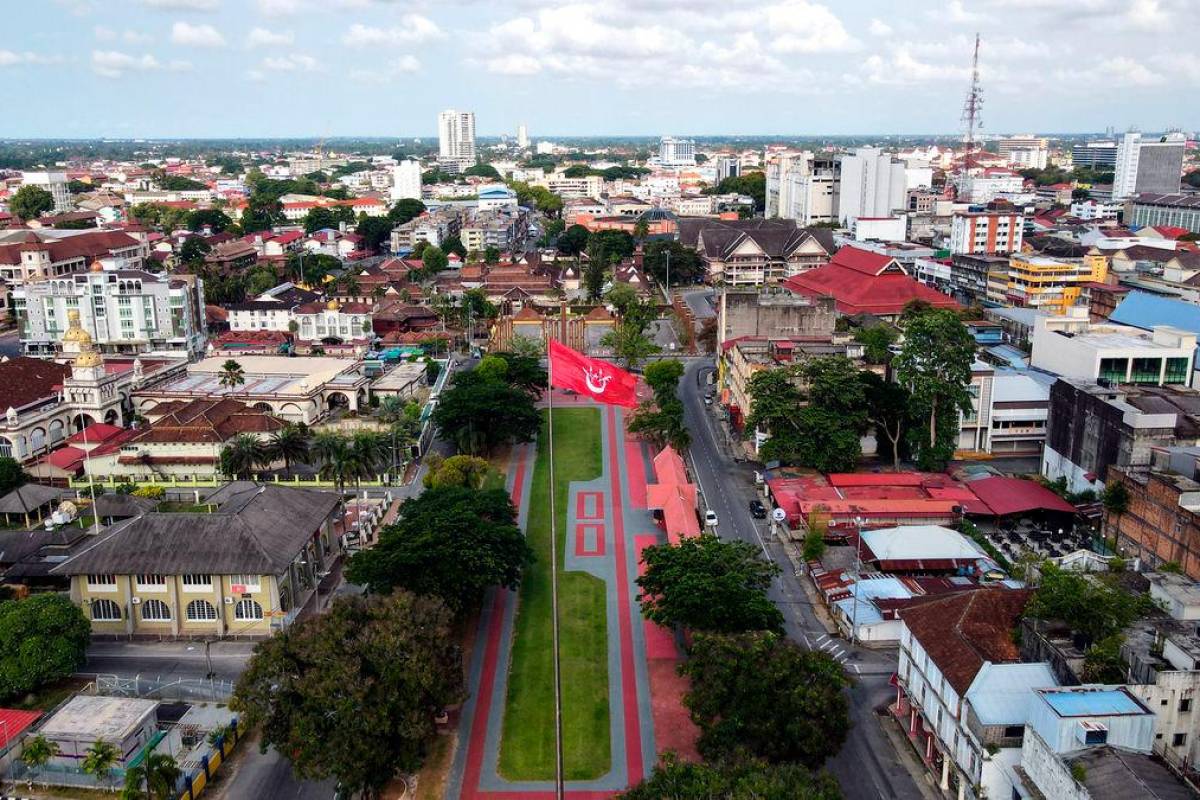KOTA BHARU: Kelantan is projected to become an ageing state in less than a decade according to population development projections.
Kelantan National Population and Family Development Board (LPPKN) director Haslinda Hassan said last year, 11.1% of Kelantan‘s population were aged 60 and above, and the figure is expected to reach 15% by 2032.
“This is more than just about numbers; it carries major implications for the economy, workforce, social planning and healthcare system, with a shrinking young labour pool and growing need for elderly care.
“More worryingly, many elderly people are still living in poverty, particularly those who live alone in rural areas without close family support,” she said when reading a speech by the LPPKN director-general in conjunction with the Kelantan-level World Population Day celebration at Universiti Malaysia Kelantan (UMK), here today.
Haslinda said that according to the Department of Statistics Malaysia (DOSM) 2024 data, Kelantan is estimated to have a population of 1.9 million and is now undergoing a demographic transition with major implications for the state’s future.
One of the main indicators of this change, she said, is the state’s Total Fertility Rate (TFR), which has declined from 3.6 children in 2014 to 2.7 children in 2023.
“Although this figure is still above the population replacement level of 2.1 children, the trend clearly signals that Kelantan is heading towards becoming an ageing population.
“Among the factors contributing to this decline are the tendency to marry later, rising cost of living, lifestyle changes, and the preference for smaller families,” she said.
The number of marriages in Kelantan has also decreased from 22,347 in 2021 to 16,925 in 2023, while the average age at first marriage increased from 28.2 years in 2016 to 29.9 in 2023 for men, and from 28.2 years to 30.6 years for women.
“LPPKN found that financial factors, lack of suitable partners, and prioritising career development are among the main reasons marriages are being delayed.
“As the age of marriage rises, the reproductive window shortens, which directly affects future birth rates.
“Therefore, this important input should be taken into account when formulating state policies, interventions, and action plans that inclusively address the needs of the population,” she added. – Bernama






